Culture Shock: Pickup Trucks Around the World
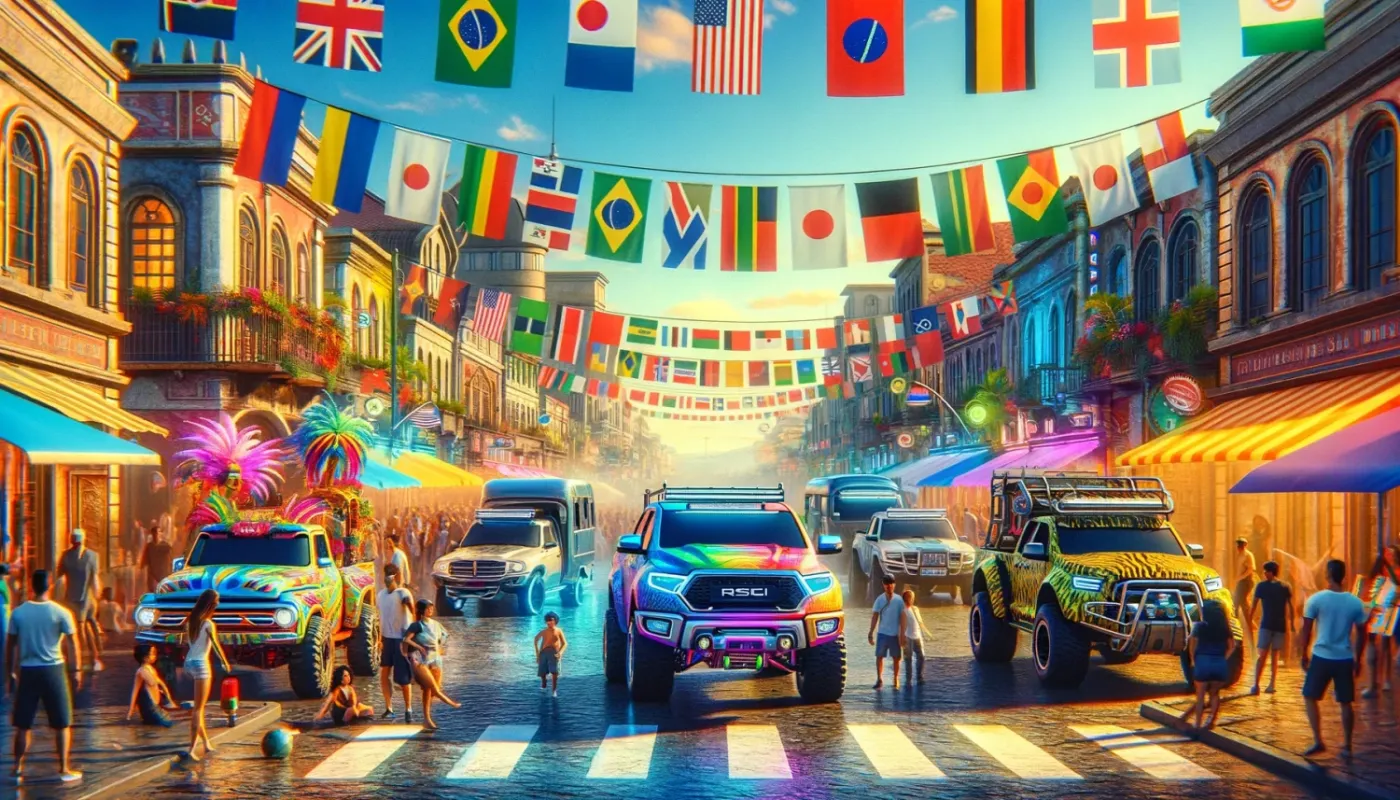
From the sun-baked roads of Australia to the bustling streets of Thailand, the pickup truck culture varies wildly, reflecting local values, needs, and aspirations.
In the United States, pickup trucks are 20% of all vehicle sales. Contrast this with the winding, narrow streets of Europe and Asia, where compact cars rule, to save fuel and space.
In many developing countries, pickup trucks are not just vehicles but lifelines, crucial for agriculture, business, and daily life.
From a badge of freedom in the U.S. to a practical necessity elsewhere, the pickup truck tells a thousand stories. Let's get into them.
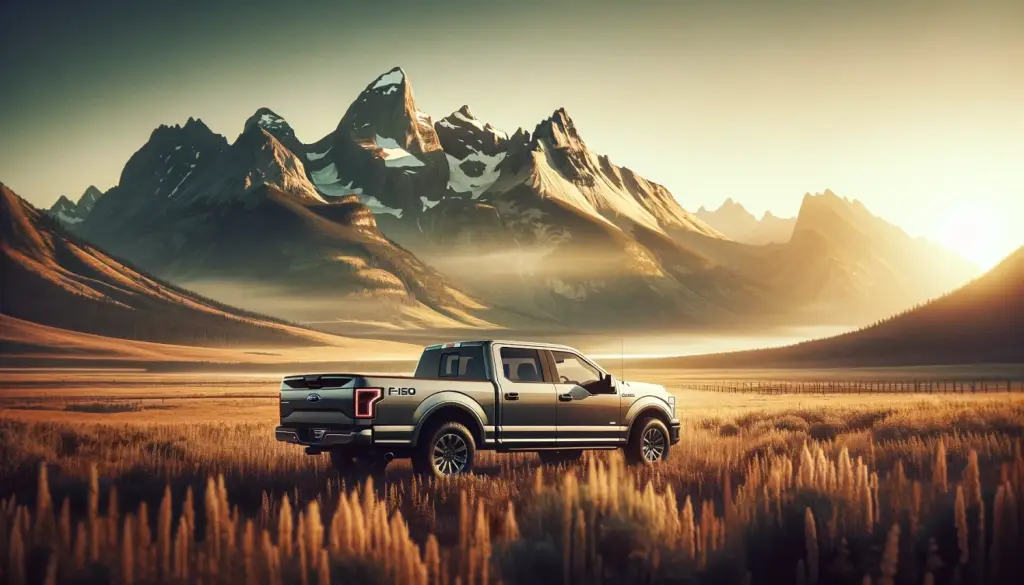
The United States: More Than Just a Vehicle
In the United States, the pickup truck is king. It's a symbol of freedom, rugged individualism, and utility. Americans use them for everything from hauling equipment to tailgating at football games. It's not just about what a pickup can do; it's about the statement it makes: "I'm ready for anything." From the Ford F-150, America's best-selling vehicle, to the luxurious GMC Sierra, pickups in the U.S. are as diverse as the country itself.
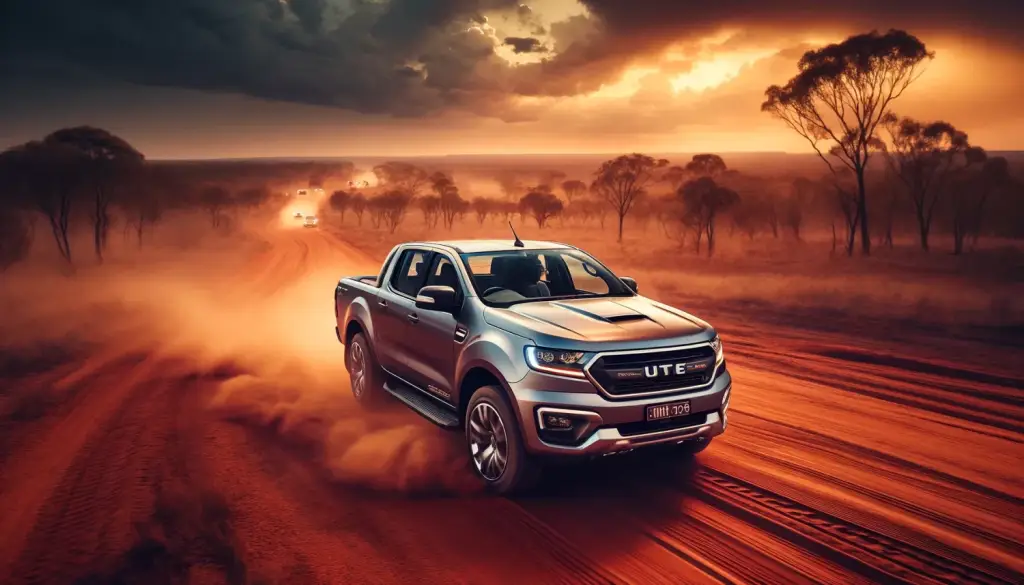
Australia: The Ute Culture
Down under in Australia, they don't just have pickup trucks; they have "utes" (short for utility vehicles). The Australian ute is a cultural icon, with a history that dates back to the 1930s. Unlike their American counterparts, Australian utes are often seen as sportier, often used for both work and play. The annual Deni Ute Muster, which celebrates this unique Australian vehicle, features events like ute mustering and the blue singlet count, showcasing the deep love Aussies have for their utes.
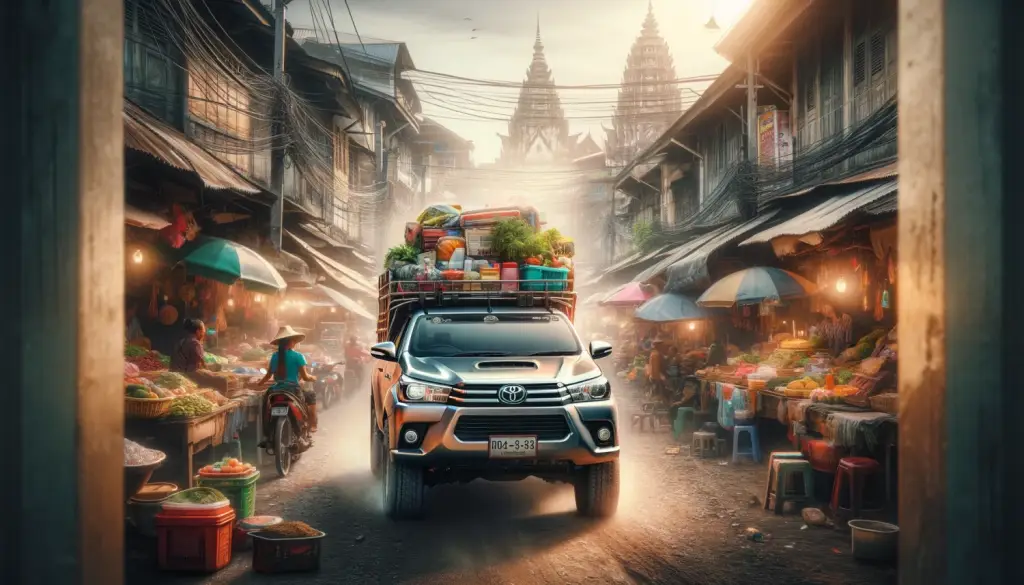
Thailand: The Workhorse of Southeast Asia
In Thailand, and across much of Southeast Asia, the pickup truck serves as the backbone of both urban and rural life. Here, pickups are not so much a status symbol but a workhorse, essential for businesses and families alike. Often overloaded with goods or passengers, these trucks buzz through the streets and rural roads, showcasing their durability and versatility. The Toyota Hilux, known locally as the "Tiger," dominates the market, revered for its reliability and toughness.
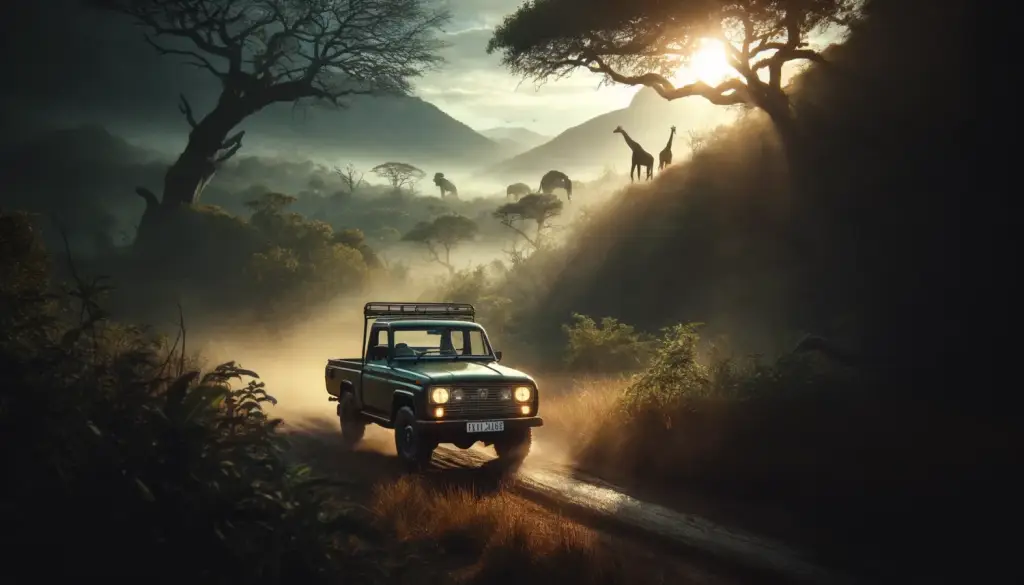
South Africa: Bakkies and Adventure
In South Africa, they're called "bakkies," and they're a key part of the country's automotive culture. South Africans use their bakkies for everything from farming to safari adventures. The versatility and off-road capability of these vehicles make them perfect for navigating the diverse landscapes of South Africa, from the bustling cities to the wilds of the bushveld. Bakkies are a symbol of adventure, embodying the spirit of exploration and resilience.
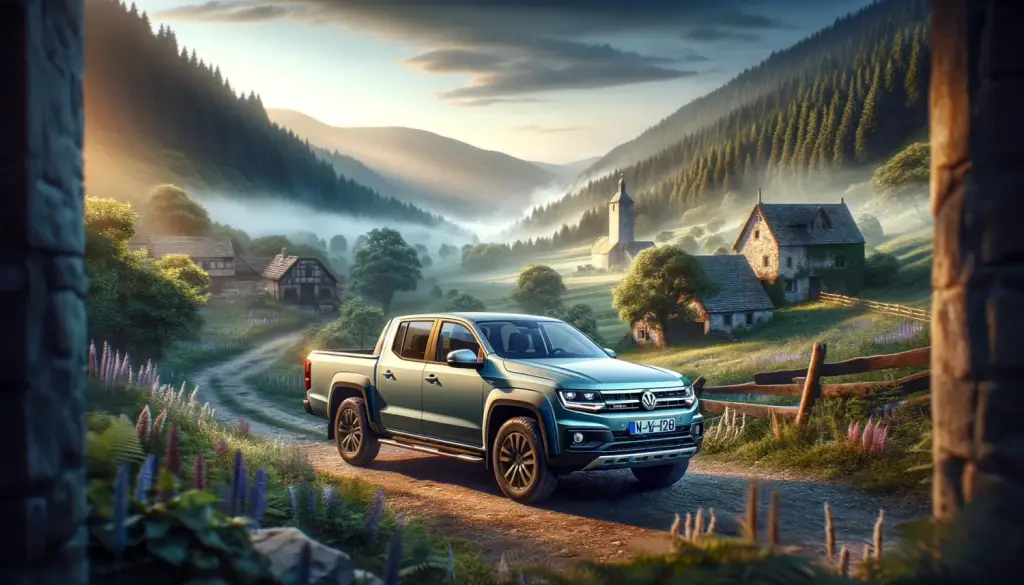
Europe: A Niche Market with a Cult Following
Pickup trucks in Europe occupy a more niche market, but what they lack in numbers, they make up for in cult following. European pickups are often smaller and more fuel-efficient, catering to a demographic that values practicality and environmental consciousness. The Volkswagen Amarok and the Ford Ranger are popular choices, offering a blend of utility and comfort that appeals to European sensibilities.
Conclusion
From the outback of Australia to the savannas of South Africa, pickup trucks hold a special place in the hearts and lives of people around the world. They symbolize not just a means of transportation but a way of life, adapting to the unique cultures and needs of each region. Whether it's called a truck, a ute, or a bakkie, this versatile vehicle continues to drive its way into the cultural fabric of nations worldwide, proving that the love for pickup trucks is a truly global phenomenon.